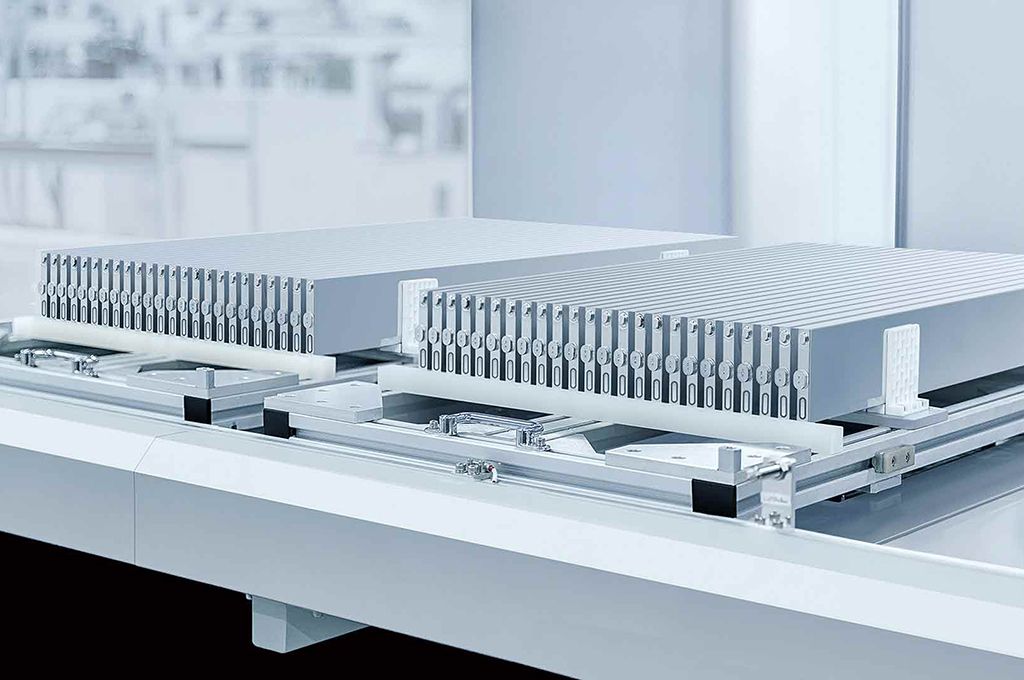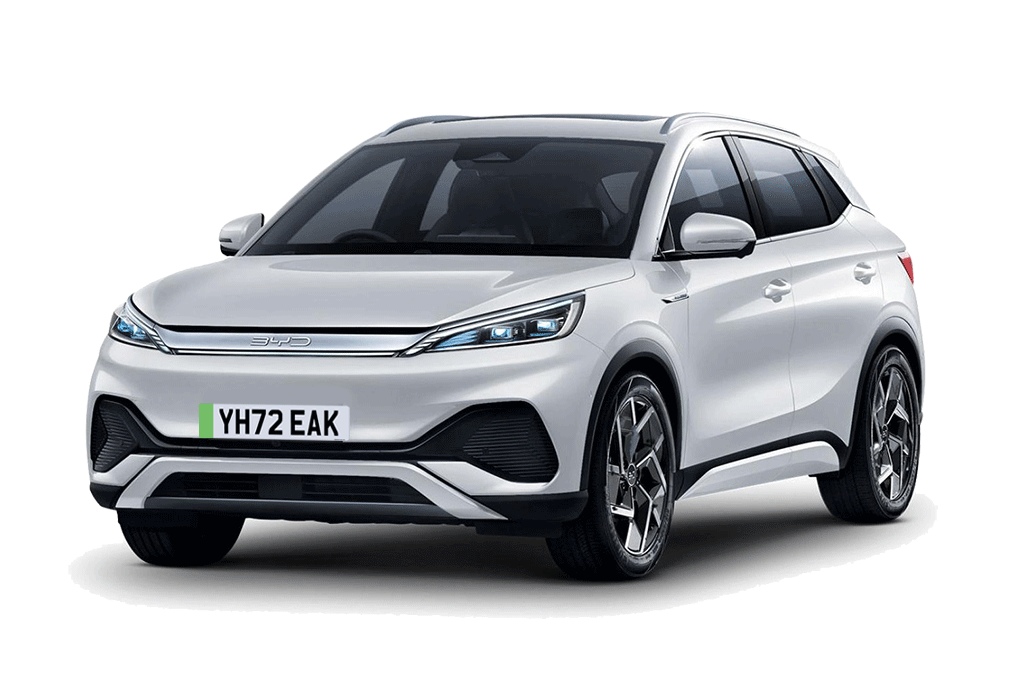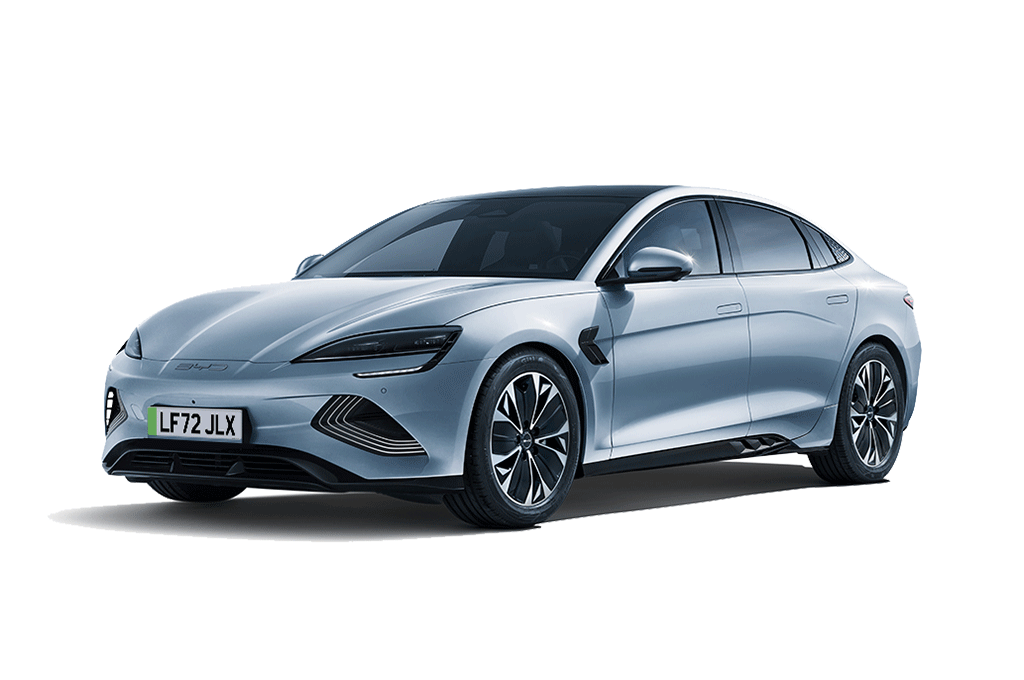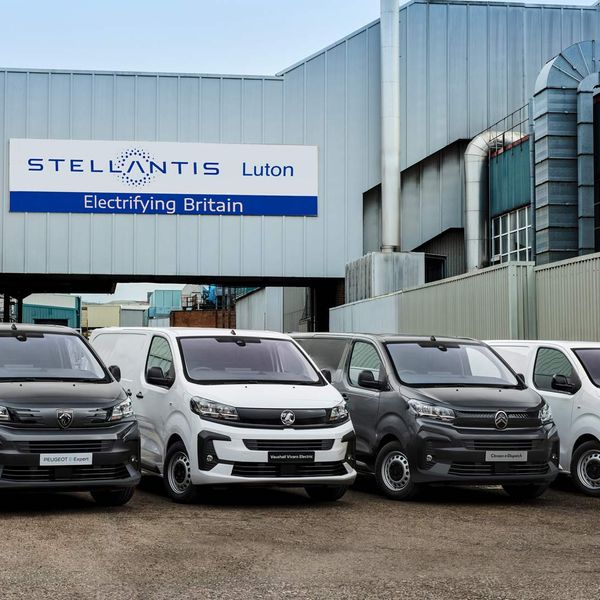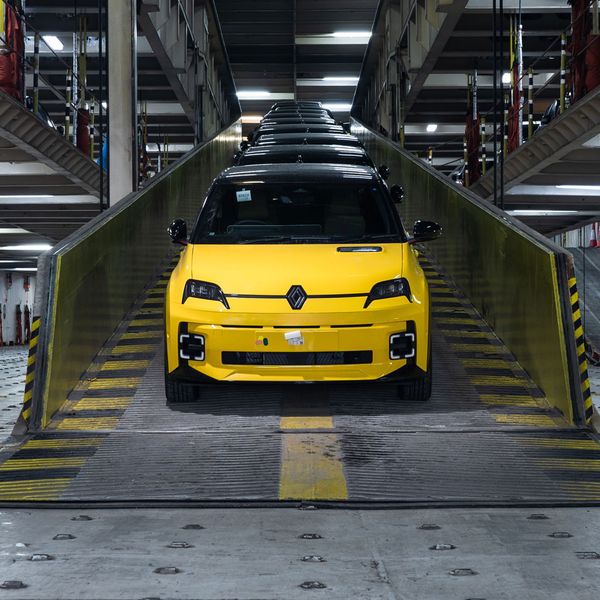One of the most common questions we’re asked at Electrifying.com is ‘how long will the battery last?’ In a survey we carried out earlier this year, 64% of respondents believe that an electric car battery won’t last as long as a petrol or diesel engine.
On the face of it, this seems to be a perfectly reasonable thing to believe. Mobile phone batteries rarely last until a new version appears after 12 months, so why would we expect one fitted in a car to be any different? The simple answer is that the two are almost completely different. Where phones have a design life measured in months, electric car batteries are designed to last the lifetime of the car… and beyond.
One company that knows more than most about designing, building and maintaining electric car batteries is BYD. The brand has been making them since 1995 and has nearly 30 years of experience. During that time, it has built and supplied millions of battery packs around the world. Although the name may be new to British car buyers, BYD’s battery packs feature cutting-edge innovations that have been years in the making.
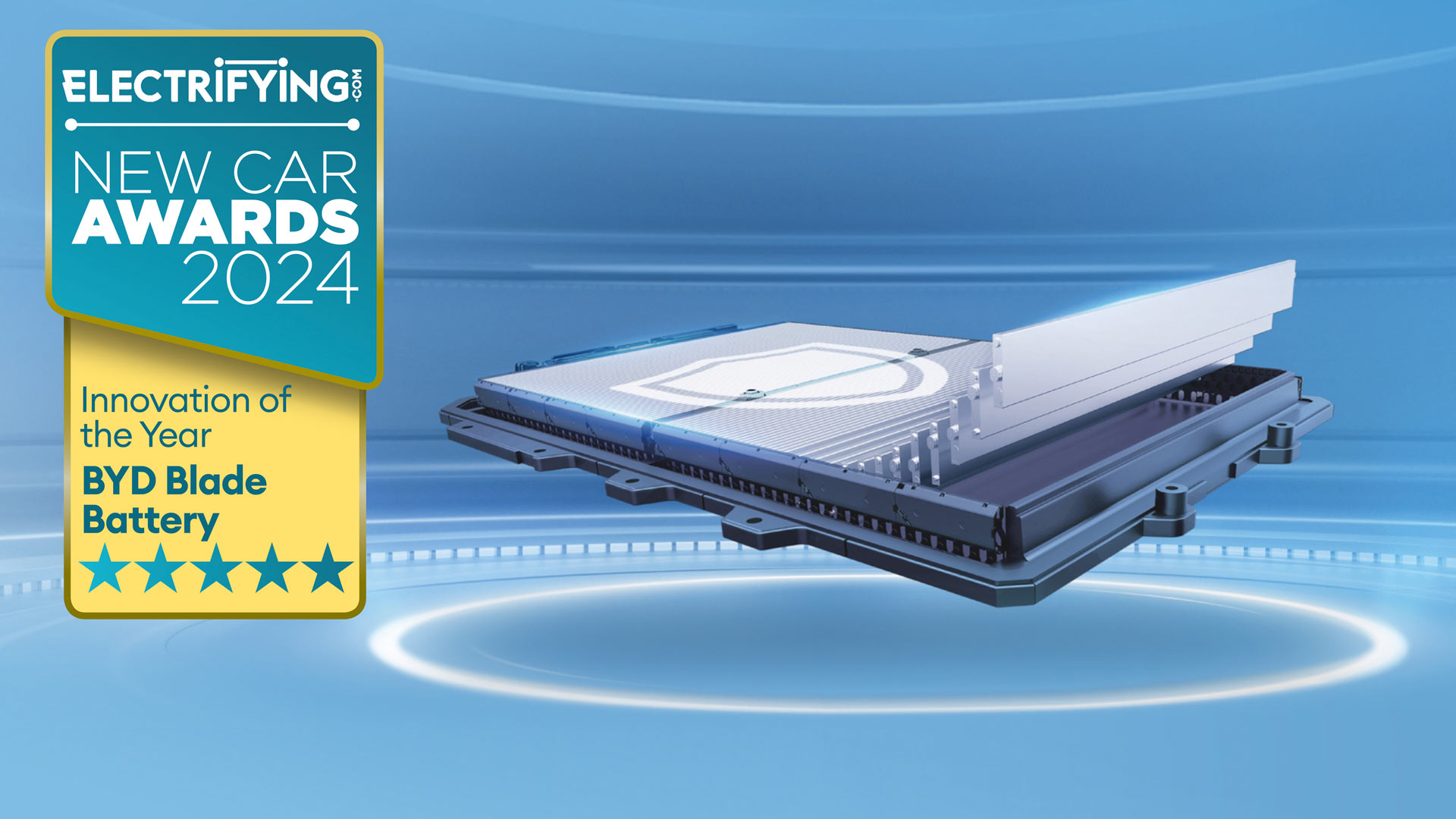
Building a better battery
The secret to ensuring a long and happy life for electric car batteries is care. As with all things in life, the more you can look after something, the longer it will last. For BYD, this starts at the design stage. The brand’s latest ‘Blade Battery’, launched in 2020, is the result of 27 years of development and manufacturing and is one of the most innovative battery designs on the market.
The Blade Battery features LFP cathode chemistry, or Lithium Iron Phosphate. It is arranged in a thin blade-like structure that is significantly stronger than traditional pouch-style battery cells. LFP batteries don’t contain any cobalt or nickel, both of which are expensive and supply constrained.
Another key advantage of the blade battery is its construction. The blades have a larger surface area than ordinary battery packs, which allows for much better heat dissipation. Given that excessive heat is one of the main causes of battery degradation, the blade design plays a crucial role in its longevity.
Blade batteries are also incredibly strong, which means they are far less likely to be damaged in the event of an accident. To highlight its strength, BYD developed what is known as a Nail Penetration Test, where a nail is driven with force into the battery pack. The test simulates a serious accident and is considered 'The Mount Everest' among battery tests.
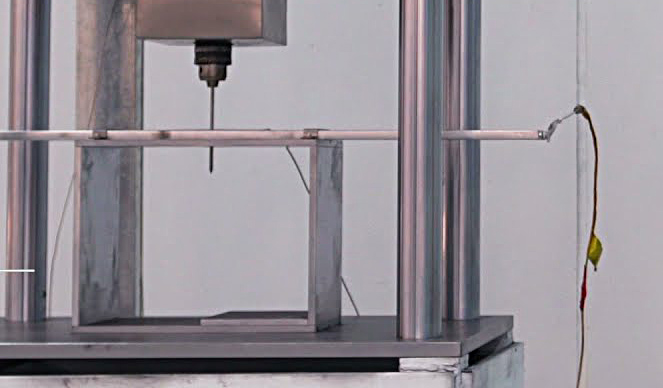
When subjected to the test, the chemical constituency of the LFP Blade Battery is far less likely to experience ‘thermal runaway’ (i.e. heating up uncontrollably and potentially catching fire) as the surface temperature only reaches just 30 to 60 degrees Celsius. The Blade Battery has also withstood other extreme test conditions, including being crushed, bent and heated in an oven to 300 degrees Celsius and overloaded by 260%. None of these resulted in a fire or explosion - a hugely impressive achievement.
LFP batteries, such as the ones fitted to all BYD models, are also considered to be more robust than batteries that use NMC (Lithium nickel manganese cobalt) chemistry. Unlike NMC batteries which perform best when charged to 80%, LFP packs can be charged to 100% on a regular basis with no risk to long-term battery health.
Getting the management right
Having a well-designed battery is one thing, looking after it properly is another. Put simply, a badly managed battery won’t last as long as one that receives care throughout its life. The battery management systems (BMS) fitted to all modern electric cars are there to protect the cells that make up the pack - ensuring that they have the longest possible lifespan. BMS systems are effectively the gatekeepers to the battery. They decide how much charge can be added, how much can be drawn, what temperature the pack needs to be and numerous other factors. The battery management system can heat the pack up, cool it down and basically ensure that it is operating in perfect conditions at all times.
BYD was one of the first carmakers to introduce a thermal management system and has one of the most advanced systems in the industry. The brand has also developed the world’s first eight-in-one electric powertrain that combines electric control units and management systems into one assembly. By doing this, the drivetrain system efficiency is an impressive 89%.
When the time comes…
Of course, all car components reach the end of their lives at some point, and batteries are no different. However, when electric car batteries are removed from a scrapped car, many enjoy a second life. The power storage industry uses second-life electric car batteries because they are cost-effective and are perfectly suited to the task of storing energy and slowly releasing it on demand.
In China, BYD has already started to supply batteries for energy storage. The brand collects used batteries from dealerships across the country, drawing from buses, taxis and cars before delivering them to a partner company for testing. Suitable packs are then installed into large power storage units and shipped to wherever they are needed.
And the battery packs that don’t pass performance tests? Batteries that aren’t suitable for use in energy storage are sent to a recycling centre (BYD has its own in China) where the packs are stripped and separated into their constituent parts. Many of the materials recovered then start another new life… in new electric car batteries.
You’re covered…
Electric car battery packs are designed to last the lifetime of the car and can often go on to have a second or third life. However, if you’re still looking for more assurances, it’s worth taking a look at the warranties that electric car batteries come with. Opt for any BYD model in the UK, and you’ll find the longest battery warranty of any electric car available to buy with an 8 year or 125,000 mile warranty. Should the packs State of Health (SOH) fall below 70% during that period, BYD will either repair or replace it.
BYD’s entry-level model, the Dolphin, has the potential to be a real game-changer thanks to its clever cabin and sector-best range figure. Check out reviews of all the BYD range by clicking HERE.
